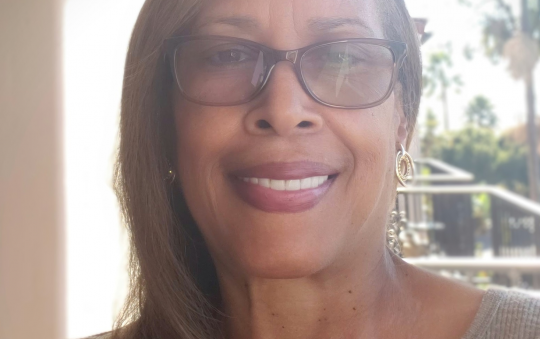(GIN) – Sharp cuts in education aid to sub-Saharan African countries in the last six years have unraveled progress made in basic education, adult education and literacy programs. That was one of the findings of a new report by Global Education Monitoring and presented to UNESCO, the U.N.’s educational, scientific and cultural organization.
Specifically, donor aid to basic education at $5.2 billion is six per cent lower than the 2010 allocation while secondary education received $2.2 billion, or 19 per cent of total aid to the sector, the report researchers found.
“The U.S. and the United Kingdom remain the two largest donors to basic education, but they reduced their allocations by 11 and nine per cent respectively between 2014 and 2015,” observed UNESCO’s Director-General Irina Bokova. “Norway and Germany on the other hand, increased their allocations to basic education by 50 and 34 per cent respectively,” she said.
In Ghana, President Nana Addo Dankwa Akufo-Addo recently offered a pep talk at the opening session of the 14th General Conference of the Association of African Universities, hinting at the donor problem.
“African governments should never have to rely on the World Bank and other institutions to decide on the choices they have to make concerning policies and the funding of education on the continent.
“We should not get into arguments with foreign agencies about our priorities. We must set our own priorities and we must accept that we must provide the funds to translate our plans into reality,” he said.
The President’s stance speaks to several decades of decline in African universities following the World Bank’s directive on education reforms in the 1960s and 1970s when it advised African governments to redirect support away from tertiary education towards primary and secondary education.
At that time, the bank argued that such a policy was justified by the desperate need for basic education across Africa, but the directive contributed to the deterioration in African universities.
It resulted in run down, under-resourced universities which now also face a huge demand for places — as a result of successfully increasing the provision of secondary education. w/pix of water delivery at Bidi Bidi site…







